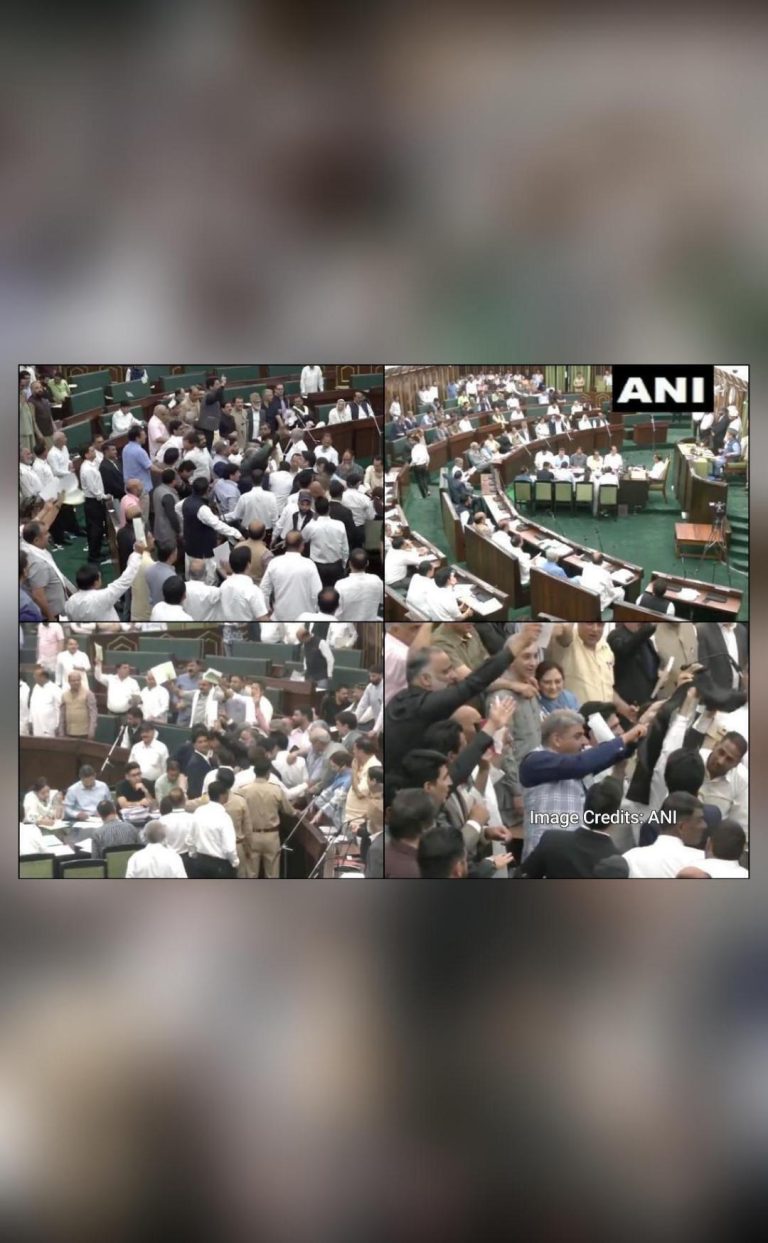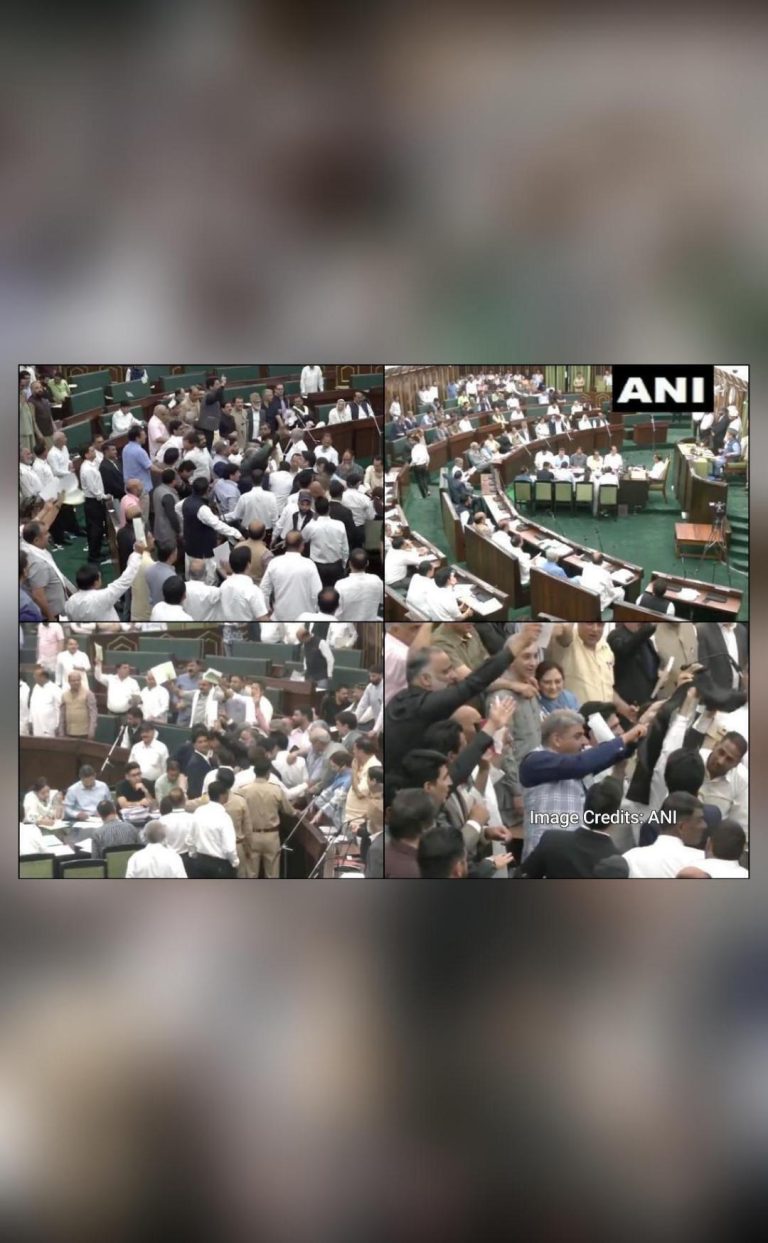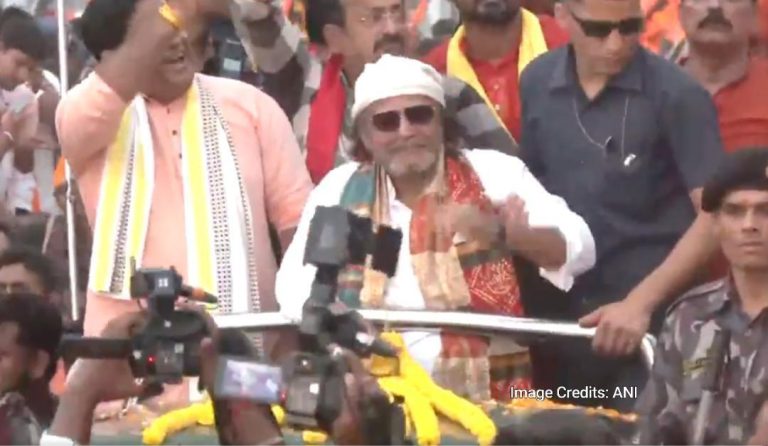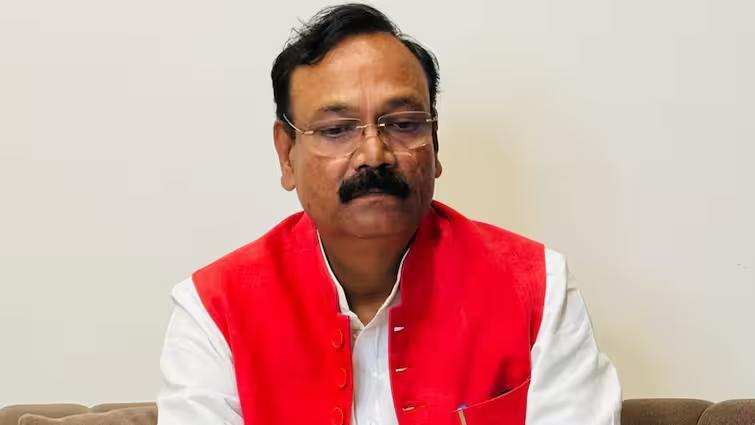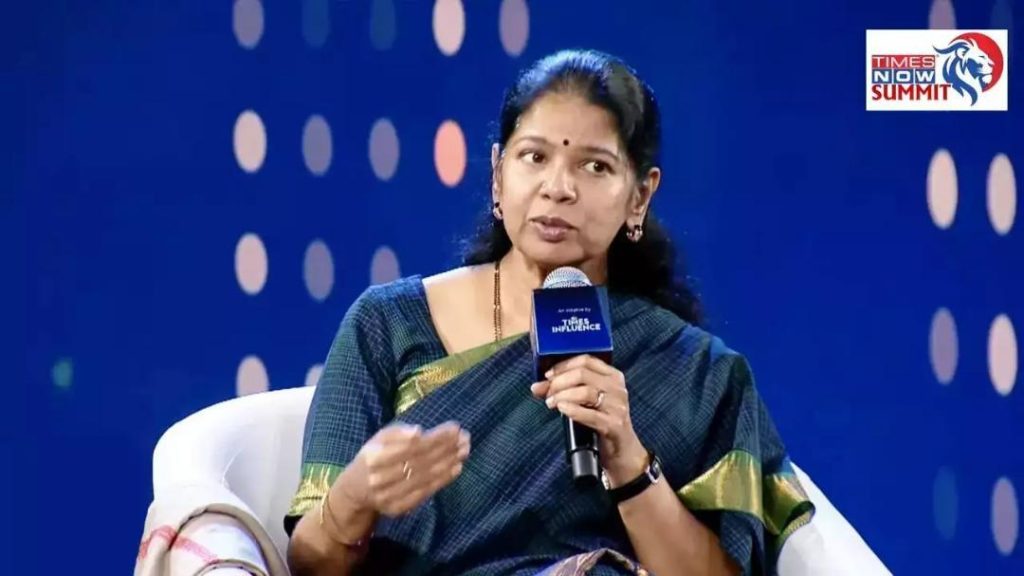
Kanimozhi Explains Why Delimitation is a Concern for South
The delimitation exercise, aimed at reorganizing constituencies and redrawing electoral maps, has been a topic of discussion in recent times. While the intention behind this exercise is to ensure equitable representation, some states are worried that it might have unintended consequences. One such state is the south, which has been vocal about its concerns. Dravida Munnetra Kazhagam (DMK) Deputy General Secretary and Thoothukudi MP Kanimozhi Karunanidhi recently spoke at the Times Now Summit, where she explained why the delimitation exercise is a cause of concern for several states in the south.
According to Kanimozhi, the delimitation exercise, if based solely on population, could put several states that have successfully controlled their population growth at a disadvantage. She emphasized that the south has a unique demographic profile, with many states having a lower population growth rate compared to other regions. Kanimozhi pointed out that states like Tamil Nadu, Andhra Pradesh, and Telangana have made significant strides in controlling their population growth, thanks to various schemes and initiatives.
However, if delimitation is solely based on population, these states could lose out in terms of representation. Kanimozhi explained that states with lower population growth rates would have fewer seats to contest, which could lead to a reduction in their representation in the legislative bodies. This, in turn, could have a significant impact on the region’s ability to influence policy decisions and shape the country’s future.
Kanimozhi also pointed out that the delimitation exercise could lead to the erosion of regional identity and autonomy. She emphasized that the south has a distinct cultural and linguistic identity, which is reflected in its politics and governance. The delimitation exercise, if not done carefully, could lead to the dilution of this identity and autonomy.
Another concern Kanimozhi highlighted was the impact of delimitation on the representation of marginalized communities. She emphasized that the south has a significant presence of marginalized communities, including Dalits, Adivasis, and Minorities. If the delimitation exercise is not done in a way that takes into account the specific needs and concerns of these communities, their representation could be further marginalized.
Kanimozhi also drew attention to the fact that the delimitation exercise could have a significant impact on the distribution of seats in the legislative bodies. She pointed out that the south has a significant presence of small and medium-sized parties, which could be further marginalized if the delimitation exercise is not done in a way that takes into account their interests.
In conclusion, Kanimozhi emphasized that the delimitation exercise is a complex issue that requires careful consideration. She urged the government to take into account the unique demographic profile and political dynamics of the south, and to ensure that the exercise is done in a way that is fair, just, and equitable.
The concerns raised by Kanimozhi are not unique to the south. Several other states, including West Bengal and Odisha, have also expressed similar concerns. The delimitation exercise is a complex issue that requires careful consideration and consultation with all stakeholders. It is essential that the government takes into account the diverse perspectives and concerns of different regions and communities, and ensures that the exercise is done in a way that is fair, just, and equitable.
